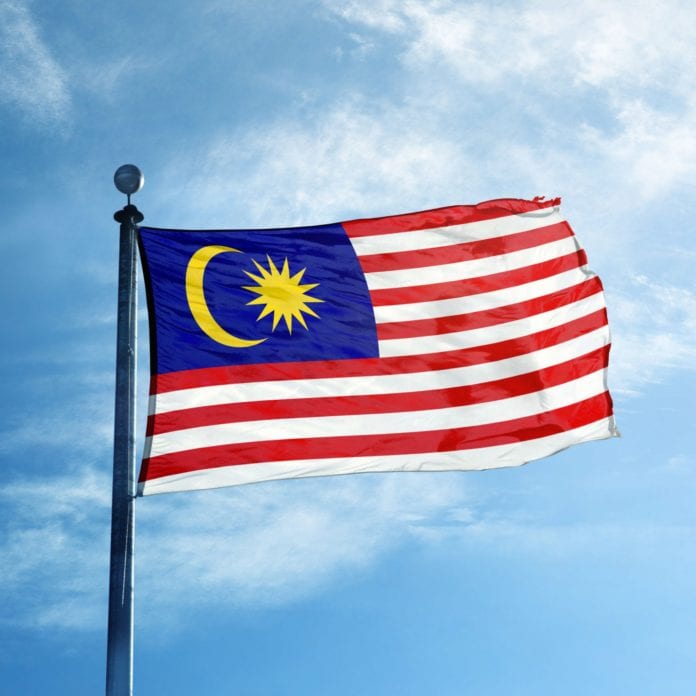Malaysia recently confirmed plans for the deployment of a second 5G network from 2024
The government of Malaysia said it will not impede local operators from selecting Chinese vendors for the provision of telecom equipment for the country’s second 5G network, according to a Bloomberg report.
“Malaysia will remain a free market and allow mobile carriers to decide whether to work with Chinese equipment makers including Huawei Technologies during the roll-out of the second 5G network,” Malaysia’s Communications Minister, Fahmi Fadzil, was quoted as saying.
“The government itself is not entering into any contractual obligations with any of these network equipment providers,” the official said, adding that future 5G deals will be commercial decisions by Malaysian operators.
The Malaysian authorities said the contracts to build the second 5G network will be awarded through an open tender process.
However, Fadzil said that the Malaysian government will take into account concerns raised by some Western countries over Huawei’s possible participation in the network.
Countries such as the U.S. and the U.K. believe that Huawei equipment poses security risks due to the company’s potential links with the Chinese government. Huawei has rejected those allegations as unfounded.
The government of Malaysia recently announced it will enable the deployment of a second 5G network in 2024, amid concerns about pricing and competition with the current single state-run network. The government will create a new entity to manage Malaysia’s second 5G network.
Last year, former Prime Minister Muhyiddin Yassin had unveiled an initiative for a state-owned vehicle to own all 5G spectrum, with various carriers using the network infrastructure to provide 5G services across Malaysia via wholesale or MVNO arrangements.
However, Malaysia’s 5G roll-out by Digital Nasional Berhad (DNB) had raised concerns over pricing and transparency, as well as worries that a single state-run 5G network would result in a nationalized monopoly.
Due to these concerns, the new prime minister, Anwar Ibrahim, had previously announced that it was reviewing the rollout of the national 5G network due to the lack of transparency, which led to a new scheme for 5G rollouts from next year.
DNB was set up by the finance ministry in 2021 as a special purpose vehicle to develop the country’s 5G network infrastructure, which private telecommunications firms would use to offer 5G services to their customers.
Fadzil recently said that DNB will continue to roll out 5G network infrastructure in the country until 80% coverage is achieved by the end of this year. The Malaysian government also confirmed that DNB will be taken over by a private entity once it achieves its 5G population coverage target.

